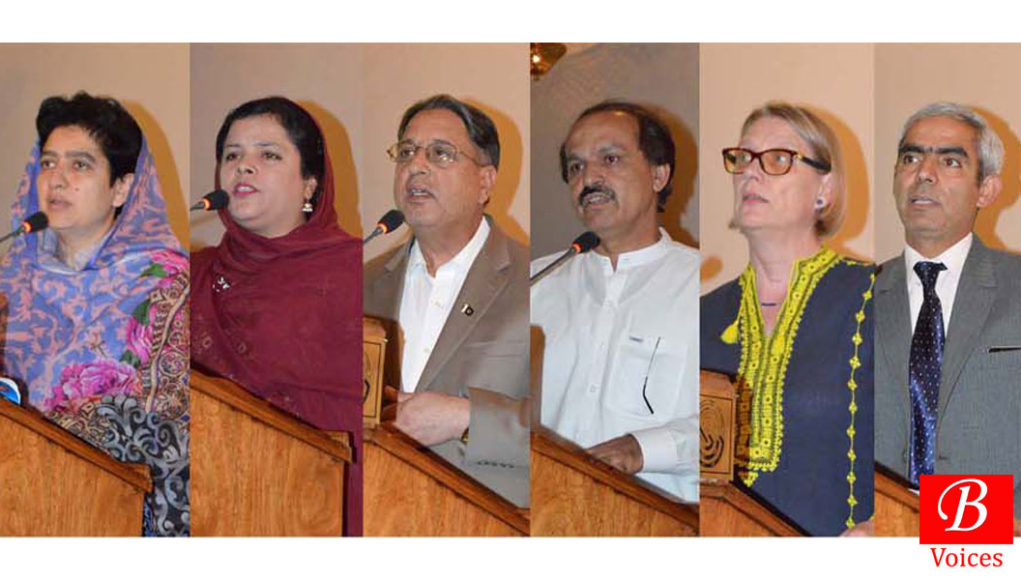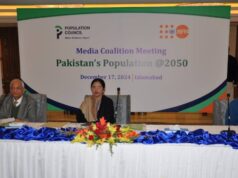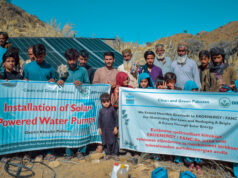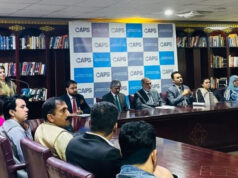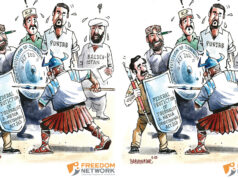Quetta: Two days Provincial consultation on Sustainable Development Goals (SDG) 4 concluded in Quetta, on Thursday.
Provincial consultation was organized by Secondary Education Department Government of Balochistan in collaboration with Ministry of Federal Education and Professional Training, UNESCO, UNICEF, UNHCR and WFP.
Goal 4 of the SDGs is to “Ensure inclusive and quality education for all and promote lifelong learning.”
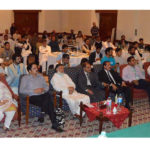
Opening Ceremony of the consultation meeting was held on Wednesday morning where Provincial Minister for Education Abdul Rahim Ziaratwal was Chief Guest.
Addressing the ceremony Mr. Ziaratwal said that “48 percent dropout rate after Primary education is the biggest problem faced in education sector.”
Urging support of the society, provincial minister said that “Attendance of teachers cannot be ensured without support of society.”
Draft of Education policy of Balochistan will be tabled in cabinet for approval soon – Rahim Ziaratwal
Mr. Ziaratwal also announced to table the education policy draft in cabinet for approval soon.
Muhammad Humayoun Khan, Secretary, Ministry of Federal Education and Professional Training said that Budget of Higher education has increased from 42 billion to 83 billion during the course of last 3 years.
Abdul Saboor Kakar, Provincial Secretary of Education said “Primary Schools all over the province have been declared gender free schools in order to make it easy for the girls to acquire education.”
Intensive group work was conducted for two days of the consultation under the supervision of Nighat Lone.
Participants of the consultation were divided into 8 groups, where every group represented one sub-goal of SDG-4.
Closing ceremony of the consultation was conducted on Thursday after-noon. Speaker Balochistan Assembly Rahila Durrani was the Chief Guest of the ceremony.
Addressing the Seminar, Rahila Durrani said that since 2002 when she became a MPA, she has always wanted to do something for female education in the province.
Miss Durrani who is also Convener of SDGs from Balochistan added “I have started debate in Balochistan Assembly on education on priority basis.”
Expressing her concerns, Speaker Balochistan Assembly said that “We do not have time; we have to do our best for improvement of education in the province.”
We do not have time; we have to do our best for improvement of education in the province – Rahila Durrani
Yasmeen Lehri, Member of Provincial Assembly from National party (NP) said that the children who are left uneducated will create problems for society at large in future.
She urged media to highlight the issues of ghost schools and other educational problems so that pressure can be developed to sort them out.
Director Schools, Syed Muhammad Anwar Shah, delivered vote of thanks and thanked all the participants for attending and actively participating in the meeting.
Aziz Ahmad Jamali, Additional Secretary Education, was the chief Organizer of the consultation meeting.
In an exclusive interview to Balochistan Voices, He said that Pakistan is leading in provincial consultations of SDGs all over the world.
[soundcloud url=”https://api.soundcloud.com/tracks/264959946″ params=”color=ff5500&auto_play=false&hide_related=false&show_comments=true&show_user=true&show_reposts=false” width=”100%” height=”166″ iframe=”true” /]
He added, “Almost all organizers of the consultation who came from Islamabad said that participation of Balochistan was highest in all of provincial consultations and it has given us more confidence.”
Talking about SDGs, Mr. Jamali said that “We have to link Balochistan Education Sector Plan (BESP) with SDG-4 and remove the gaps.”
He further added that people from all sections of society need to contribute in policy formulation to make BESP successful.
Share your comments!


